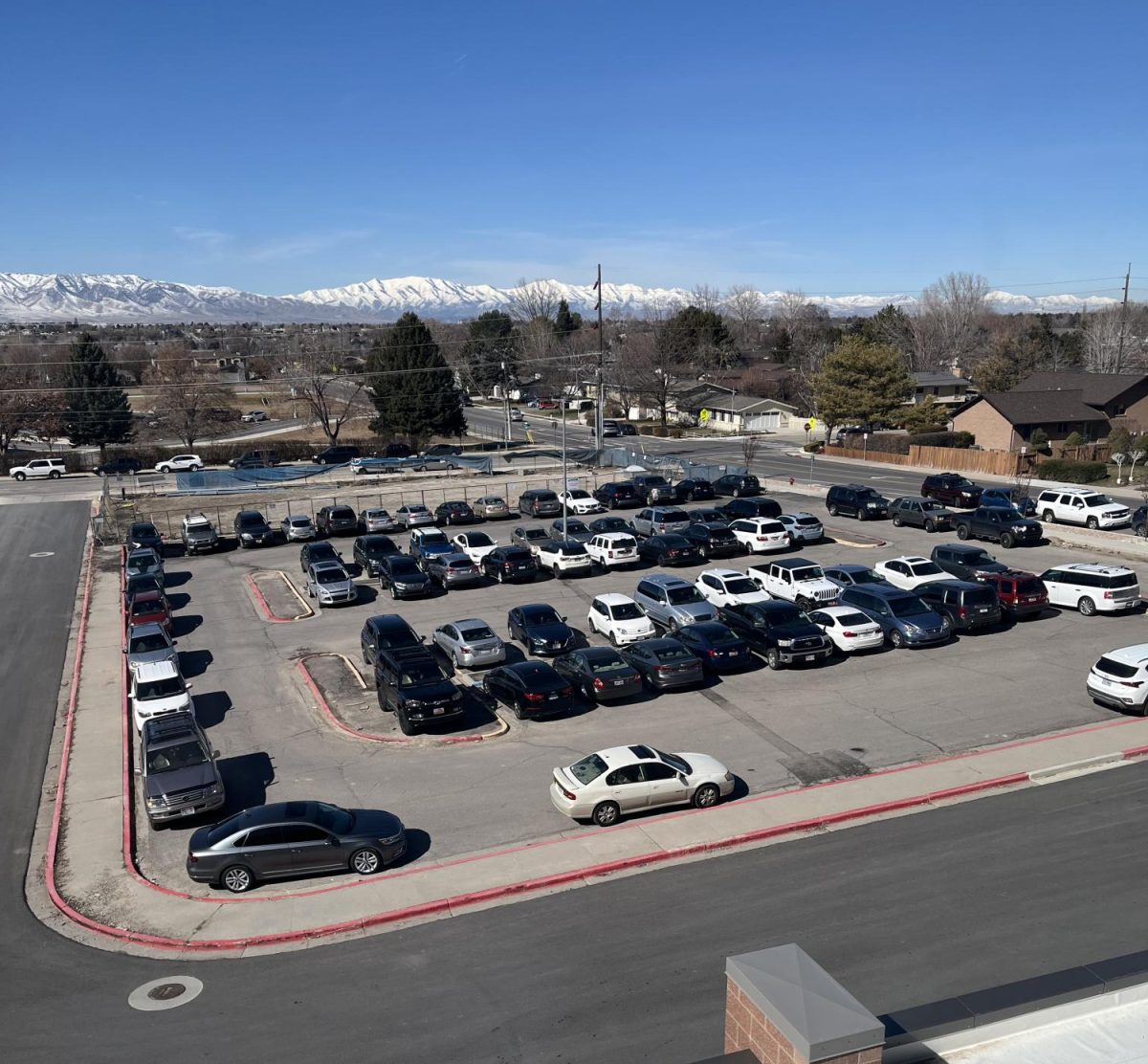In the face of increased levels of anxiety and depression in Utah teens, Timpview’s counseling office has adapted by making emotional resources more available by forming groups and continuously pushing for more emotional learning in the classroom.
According to the 2017 Utah Adolescent Health Report, 27.3% of the 34,229 middle school and high school students surveyed reported having been depressed, a 6.5% increase from the same survey conducted in 2013.
In recent years, as mental illness rates have been on the rise, it’s also become a much more open subject, but it can still be difficult for some teens to talk about—especially with their parents. This is where Timpview counselors come in. With the help of UVU mediators, counselors have begun holding Parent-Teen Mediation sessions. The goal of these sessions is to promote conversation between parents and teens to help solve problems and strengthen families.
Counselor Monique Hadley says, “I’m a parent and a counselor, so I know how difficult it can be for us to get into a place where we’re having productive conversations especially if we’re not seeing eye to eye about things…it’s a venue that gives parents and teens the opportunity to talk with a mediator.”
Parent-Teen Mediation creates a situation where it’s easier for students and their parents to have conversations, whether they be about mental health or any other difficult conversational topic. It gives students the chance to have effective communication with their parents, and a safe environment in which to do so. It also gives students the opportunity to make up two absences if they attend a session with a parent.
The counseling office has adopted ways to promote individual mental health through the aforementioned formation of “groups.” Currently, Monique Hadley runs a friendship group and a girls group where they tackle issues of self-esteem, communication, self-advocacy, and relationships. The counseling office has run anxiety groups in the past, and may do so again depending on needs they see in the student populace.
Students may see them as therapy sessions, but the purpose of the groups are to teach skills in a positive environment and to practice having good group discussion.
“Counselors are not licensed therapists,” says Hadley, “I see myself more as a life and educational coach…but it’s not intensive counseling, that’s not what we’re trained to do. We do have a full time social worker at our school who is available for more therapy, so we refer kids to him and he can also help facilitate with parents and help them with resources.”
Combined with a lack of human resources (namely counselors), increased depression rates have pushed the counseling office to utilize Advisory as a tool to promote social-emotional learning by showing videos and by having teachers give presentations about mental health. This in combination with presentations has given the counseling office the opportunity to reach a larger audience they wouldn’t be able to achieve talking to students one on one.
“We have to figure out ways with our program…so they get more information, plus we have kids with crisis coming in so a lot of times, that’s what I’m doing all day,” says Hadley.
For those who haven’t utilized it, the counseling office is a useful resource, not just for changing classes, but for emotional needs, too. Whether it be through college and career advice or through the groups and social-emotional learning they provide, the counseling office holds great opportunities for students.
If you’re interested in further information on Parent-Teen Mediation or the various groups, talk to your counselor or visit their Instagram: @timpview_counseling.






